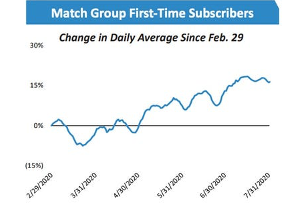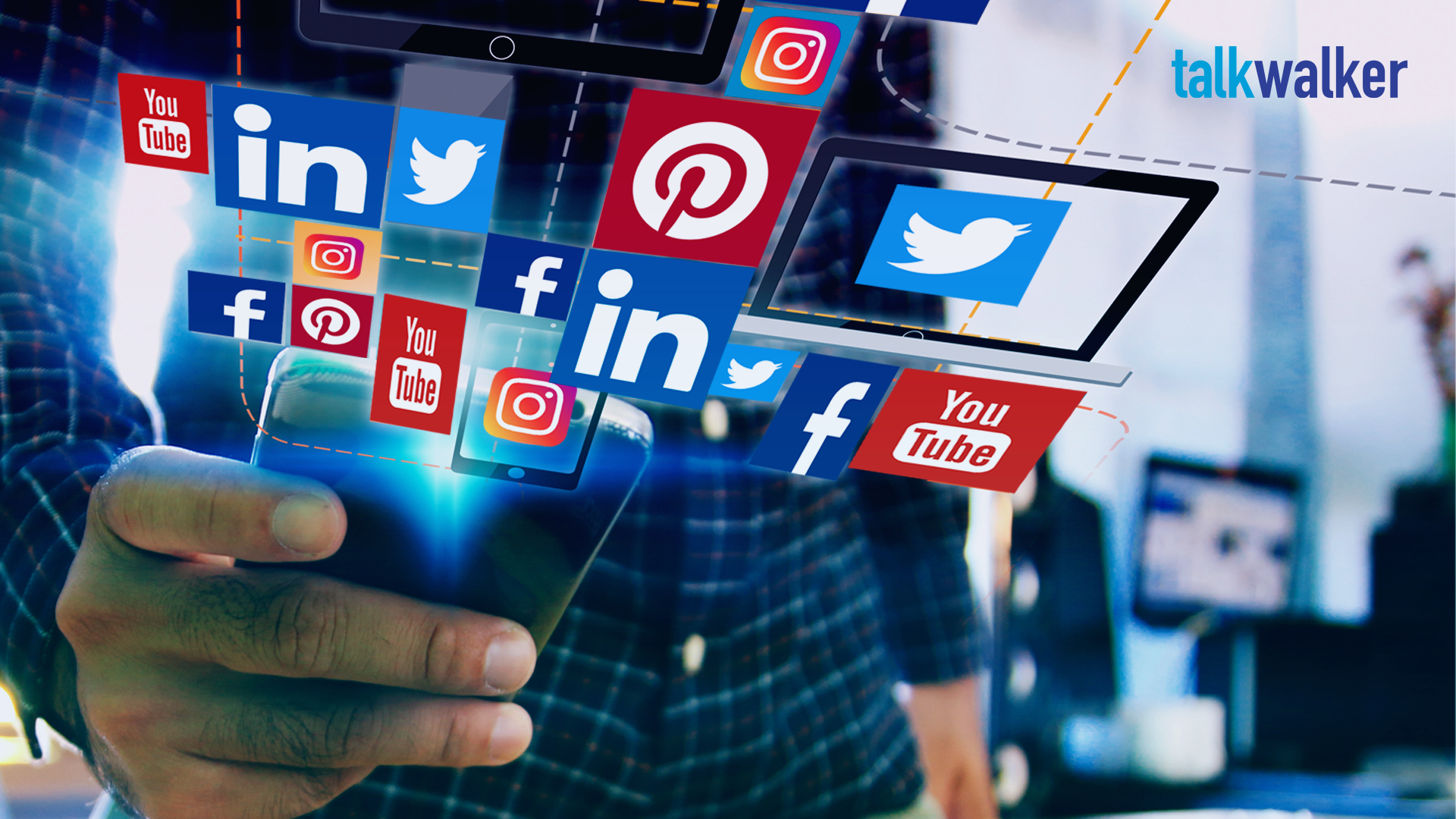As mentioned in other blog posts and the introduction to this blog, COVID not only has forced many into feelings of grief and loss, but has had a significant impact on various relationships. With limited face to face interaction due to lockdown restrictions put in place by government officials, people were more inclined to join various social media platforms in order to sustain their relationships and decrease feelings of loneliness.
Socializing with others is a fundamental human need, so being deprived of this socialization due to the forced isolation can have many adverse effects. Some of these include the feeling of being rejected by peers, becoming more aware of your individualism, but most importantly, many will feel a loss of a sense of community (Sikali, 2020). A social psychology concept that this can relate to is the need for affiliation. This can be defined as the desire to create and maintain all kinds of social relationships. The need humans possess for affiliation can directly be applied to maintaining relationships during COVID because many people who are breaking government guidelines on social distancing use the fact that we, as humans, are social beings and we have this innate desire to affiliate with others and maintain our interpersonal relationships to justify putting others at risk in order to fulfill that desire.
As a matter of fact, the need for affiliation is so strong, especially during the pandemic, that many who were initially opposed to dating applications have given themselves into trying these platforms. According to Business Insider, the organization Match Group, which owns many of the popular dating apps, have seen drastic increases in the amount of new users who signed up on one of their platforms, as seen in the image below (Meisenzahl, 2020).Through the use of these applications, people who match on these sites are being more exposed to one another than they normally would be if they were trying to date each other in person. Because of this, many find that their relationships formed over the internet are oftentimes stronger than the ones they form in-person. This phenomenon can be explained by the mere exposure effect. This effect shows that the more exposed you are to an individual/stimulus, the more positively you will feel towards that individual/stimulus. This can directly tie into relationships formed during COVID as many have lost their jobs and have more free time on their hands to interact with their friends/family, thus causing them to be more liked by those friends/family and also resulting in them being more liked by their friends/family. This can even be applied to online dating as interactions over the internet are usually much more frequent than those in person, resulting in you being more exposed to a particular individual, which would result in you being more liked by the other individual according to the mere exposure effect. A very notable example of this effect at work is the Kardashians – initially, many people felt that the fame of the family was undeserved, however, by constantly seeing the Kardashians on social media and television, it forced many of those individuals to have a more favorable impression of the Kardashians, seeing them as so much more than the incident that made them famous.

In a peer reviewed study, the correlation between the strength of interpersonal relationships during distressing times (such as COVID and quarantine), researchers found that this pandemic is associated with an improvement in the strength of all kinds of interpersonal relationships, except for intimate ones, where the lockdown restrictions was seen to have no significant effect on the strength of the relationship. The increase in psychological distress due to quarantine had a negative association for improvement in partnerships, but had a positive association for improving relationships with friends and the local community (Goodwin et al., 2020). Although this study was conducted in China and may have different results if this were to be done in America, this is still a great study to reference in order to understand how COVID has impacted interpersonal relationships in different cultures.
The restrictions, though many may have failed to note, have an extremely strong underlying psychological message to fear others. Especially at the start of the pandemic where government officials reinforced numerous times on various news outlets the importance of social distancing and staying at home whenever possible, impressionable youth in particular may now have an irrational fear of being close to individuals because of the profound impact this pandemic has had on social relationships. Focusing more specifically on young children and young adults, social interactions are deemed by many as a basic human need and more specifically, physical contact is a vital part of social interactions; thus, by closing many educational institutions, it’s preventing many young individuals (children, adolescents, and young adults) from socializing with their peers and making quality connections, which would greatly stunt their personal growth as individuals. Many studies have reported countless times that many youth flourishes socially through making connections, which is an essential part of learning and growing as an individual (Sikali, 2020). This, in turn, would no doubt affect the young individuals’ ability to make long lasting relationships with others in the future.
Overall, while social media may have positively affected relationships, it has also caused much strain as many have been forced to transition their relationships online. Social media is a great tool for keeping in touch with individuals when you are physically not allowed to do so, but it is nowhere near as great as the in-person contact that human beings require to survive. Many young adults (in particular) can experience symptoms of mental illnesses as a result of the forced isolation that came about from the restrictions placed during the pandemic to prevent/control the spread of COVID.
Bibliography
- Goodwin, R., Hou, W. K., Sun, S., & Ben-Ezra, M. (2020). Quarantine, distress and interpersonal relationships during COVID-19. General psychiatry, 33(6).
- Meisenzahl, M. (2020, August 05). These charts from Match Group show more people are turning to online dating during the pandemic. Retrieved December 18, 2020, from https://www.businessinsider.com/tinder-hinge-match-group-dating-apps-more-users-coronavirus-2020-8
- Sikali K. (2020). The dangers of social distancing: How COVID-19 can reshape our social experience. Journal of community psychology, 10.1002/jcop.22430. Advance online publication. https://doi.org/10.1002/jcop.22430



